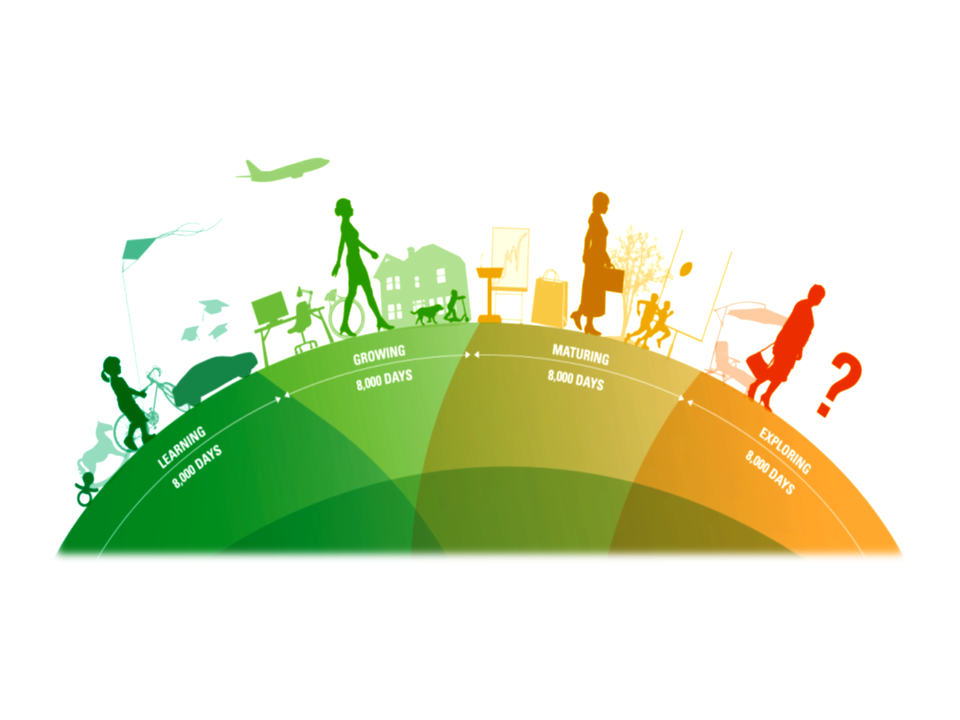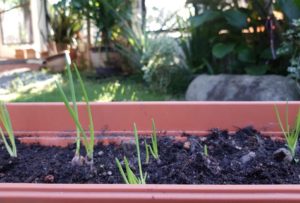Is Retirement History?
When I graduated from university in 1994, I had 4 goals: get a job, start a family, achieve financial freedom and eventually retire to a life of leisure.
While I have accomplished my first 3 goals a few years ago, I am not sure about the last one.
For decades, retirement was meant a few years of rest and relaxation of life after work.
Today, retirement takes a more ambiguous form, thanks to the advancement of modern medicine; Malaysians who reach 60 can expect to live an average of 15 more years.
The concept of retirement has changed, and our parents’ idea of retirement could soon become obsolete. With physically less demanding office work, improved health, and long life spans, we may need to rethink the traditional idea of retirement as rest and relaxation.
Now, in the era of information technology, it may mean employment remaining constant, dropping to part-time, or even leading to a career change. Many people see their retirement as full of options in what to do, where to live, and with whom our clients should spend their time.
So what will you do in your years of retirement?
Maybe you would like to leave your nine-to-five job for a life without deadlines, or without having the need to wake up early in the morning, or rushing not to be caught in a traffic jam?
Perhaps your financial planner says you have all the money you need, and you can afford to play golf all day long, hike the Himalayas, go travel whenever you like…., or do nothing at all.
Some people who retire to a life of leisure soon get bored. In my work with many clients who step from satisfying careers into well-funded retirement, only to realize after a few months that something is missing….something deeply emotional and personal. Some miss the times they have spent with colleagues and the interactions they encountered. Some miss the work of the regular schedule. I think most of them miss the feeling of satisfaction from the contribution they made in someone’s life.
There are people who never plan for their retirement or someone with small nest eggs who mistakenly assumed they had few options when retired, only to be caught by surprises, and ended up depressed and unhappy. These people who retire without some kind of advice, probably also face a risk of shortening their lives by nine to ten years, according to a wider trend found in research by an insurance company.
A solid financial plan is very important to plan and fund for retirement but it does not guarantee a fulfilling and happy retirement. Like my retired clients, even with financial freedom, after a few months of rest and relaxation (the honeymoon phase), some of them soon feel directionless and confused about their remaining life after work. Interestingly, many researches on retirement have pointed out that, the reasons people cited for returning to work either full-time or part-time had little to do with their finances. They are financially ready but not personally ready to retire!

According to Joseph F. Coughlin from MIT Agelab, our life can be divided into 4 periods averaging 8000 days each into learning, growing, maturing, and exploring. The first 3 life stages have compelling examples and clear stories that guide and engage clients through the decades. Sadly, retirement planning has not yet caught up to the realities of the 4th 8000 days. Without a clear picture of what lies ahead, clients will have the challenges associated with planning an entire life stage and anticipating what is likely to come in the last 8000 days. Instead of planning for retirement as a single state, Coughlin divided the 4th 8000 days into 4 phased concepts of retirement with each phase characterized by the tasks and issues individuals are most likely to be managing. The four phases of retirement are the honeymoon phase, the big decision phase, the navigating longevity phase, and the solo journey phase. Effective preparation and anticipating what is like to come can reduce the stress of uncertainty in this phase of life.
We, while still maintaining our core competency and value as financial experts, can serve as a guide to the options and costs of various lifestyles in this yet largely uncharted phase of life
As I mentioned in my previous article on new retirement, there are a few reasons traditional retirement could become history, and we need to rethink, reinvent and redefine retirement according to our own terms.
So what can we do for the best of our next phase of life, the 4th 8000 days?
1. First of all, you need a plan before you can figure out how to finance it. You must understand your personality, and preferred retirement styles, explore options and then take a hard look at your finances. Get help or talk to a financial planner if needed. Success in retiring depends on having a financial plan that supports a nonfinancial plan in the next phase of life.
2. Create a passion or a sense of purpose, or a reason to get out of bed in the morning, whether it’s a full- or part-time job or even volunteer work. Active engagement with life will bring a longer, healthier, and more fulfilling next phase of life.
3. A transition plan for your future that suits your personality which built on self-understanding and self-awareness that is linked to the critical tasks of a life transition, how you manage the stress of change, and what you need for achieving personal fulfillment.
4. Continue regular physical activity to exercise for maintaining a healthy weight, reducing the risk of chronic diseases, and promoting well-being as well as increasing life expectancy.
5. Maintain some mental challenges throughout your life to include activities that require active learning, analysis, or agile thinking such as mastering a new language, taking a class, writing, or doing crossword puzzles or Sudoku.
6. Create social connections to include activities with friends, family, and community that make you feel known, loved, cared for, and appreciated, which are important for a healthier and mentally sharper life.
What about you? Will you follow the tradition of a leisure-focused retirement? Or will you join me to keep working leisurely or maybe take on a new work that you are passionate about?





